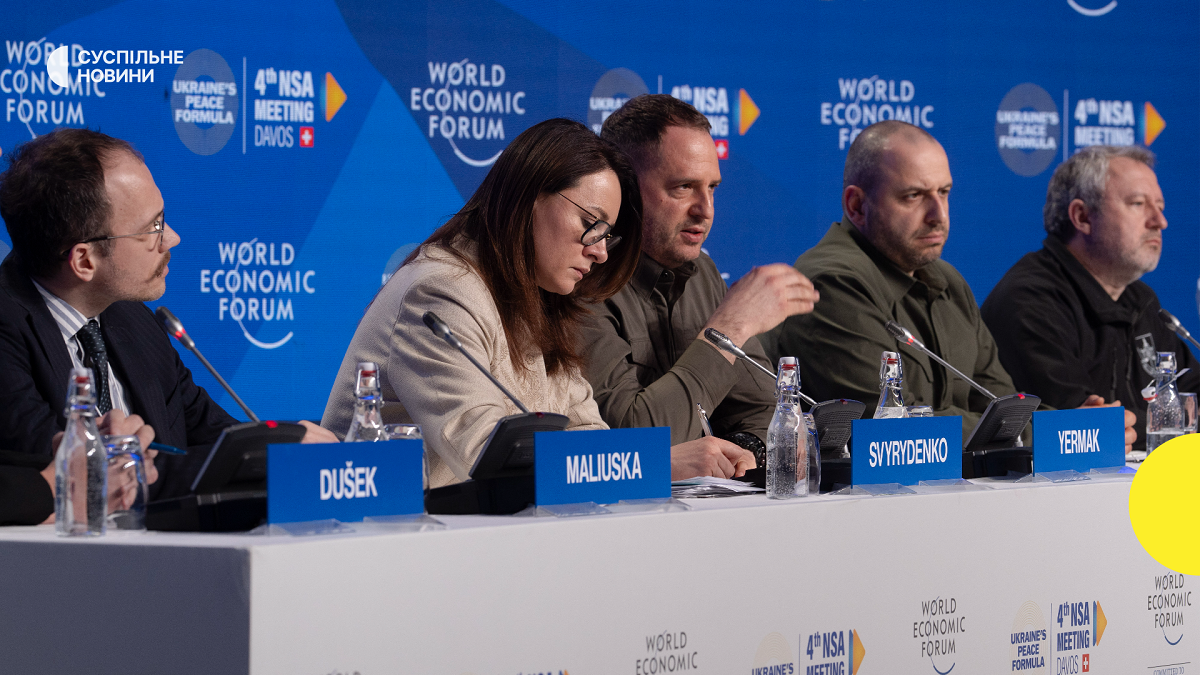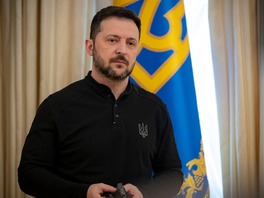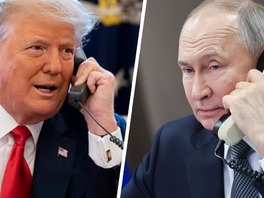On January 14, the fourth round of talks regarding the Ukrainian peace plan concluded in Davos, Switzerland, ahead of the World Economic Forum. Representatives from 83 countries, including 18 in Asia and 12 in Africa (comprising the Global South), attended the meeting. Notably absent was China, a significant Asian player. The sizable Ukrainian delegation, led by President Zelensky's Head of the Office of the President of Ukraine Andriy Yermak, aimed to garner support for the ‘Peace Formula’ from Global South nations, but the meeting yielded no concrete outcomes. Additionally, Ukrainian Defense Minister Rustem Umyerov made an unusual statement during the discussions. For further details, refer to the article in Apostrophe.
What is the meeting for?
Summarizing the outcome of the fourth round of talks on the Ukrainian peace plan, Andriy Yermak highlighted a shared vision among participants on key principles, emphasizing Ukraine's independence, territorial integrity, and adherence to the UN charter. However, he acknowledged differences in specific positions, stating, "it would be incorrect to claim that all our views are similar’.
‘Critical is the sincere and transparent commitment of all participating nations to contribute genuinely to ending this war and fostering peace. Divergent opinions and approaches on achieving this goal exist due to varying national experiences, but this is a positive aspect. A universal formula and plan must emerge from a synthesis of diverse positions and efforts, grounded in the fundamental principles of international law and the UN Charter’ Yermak said.
Co-chairing the meeting, Swiss Foreign Minister Ignazio Cassis stated that participants made progress in addressing certain issues ‘at a certain stage."’ He noted that both Ukraine and Russia, the latter not invited to the meeting, are unwilling to make territorial concessions.
The outcomes of the Davos meeting are now available on the official website of the Ukrainian President. The text, while extensive, lacks specific details.
No outcome without China?
‘The outcomes from the Davos meeting of national security and foreign policy advisors on the Peace Formula seem somewhat lackluster, resembling mere rhetoric. With China's absence, a breakthrough was not anticipated. I see this gathering as primarily informational, with Ukraine aiming to garner support from Global South states,’ Volodymyr Volya, an international political expert, remarks in his commentary to Apostrophe.
The expert although highlights a significant political dialogue between Ukraine and other nations unfolded in Davos.
‘I also did not expect any breakthrough result from this meeting, given China's absence, crucial for effective discussions on the ‘Peace Formula.’ . But we need to meet and talk. Especially y as certain Global South countries have conflicting interests with China,’ political analyst Vitaliy Kulyk comments to Apostrophe.
‘China's absence from the meeting is understandable for several reasons. Firstly, China has articulated its distinct stance. Secondly, Ukraine's listing of Chinese companies as war sponsors is a source of displeasure for China. Thirdly, widespread media criticism of China and pro-Taiwan sentiment among Ukrainian experts likely contributes to Chinese reluctance, as they closely monitor such developments and are averse to scrutiny,’ Volya explains.
‘Davos serves as a crucial networking platform and our delegation had to be there. While undisclosed meetings likely yielded undisclosed outcomes, the publicized aspects, as outlined by the President's Office, could have better communicated the specific objectives of Yermak's delegation. As the current narrative suggests a lack of tangible results,’ political expert Yaroslav Makitra remarks to Apostrophe.
‘The fact that the Davos meeting occurred without any significant outcomes was quite predictable, given the absence of Chinese representatives,’ Yevhen Mahda, executive director of the Institute of World Politics, said in a comment to Apostrophe.
However, according to the expert, the 'Zelensky’s Peace Formula’ itself also raises questions.
‘The Peace Formula remains relatively obscure even within Ukraine, raising questions about its delayed promotion domestically since its inception. While ongoing consultations with partners may offer an explanation, it appears insufficient, emphasizing the necessity for broader support within the country. Thus, the ‘Peace Formula’ seems more like process for the sake of the process than a strategic pursuit of tangible results,’ Mahda pointed out.
Umerov's intentions
Ukraine's Defense Minister, Rustem Umerov, attended the Davos meeting to advocate for ‘Zelensky's Peace Formula’ and delivered a statement with ambiguous implications.
‘I suggested establishing an international working group comprising defense ministers and national security advisers to collaboratively devise a mechanism for troop withdrawal,’ the Minister said.
‘I underscored that any discussion on restoring Ukraine's sovereignty and territorial integrity hinges on the complete withdrawal and disarmament of Russian troops and terrorist entities from the temporarily occupied regions,’ he added.
‘Umerov's statement appears perplexing. What mechanism of withdrawal of the Russian occupation troops can we be talking about? It is unlikely they will depart voluntarily. The sole viable option seems to be a forced removal,’ Makitra says.
Volodymyr Volya aligns his views with Makitra’s.
‘Umerov's initiative appears to be a bid for attention; in reality, there is no practical mechanism for the withdrawal of Russian troops from Ukraine, except through our victory,’ the expert stressed.
‘What lies beneath Umerov's statement? In my view, it's all about intentions—a sort of roadmap. The war will conclude, necessitating the withdrawal of Russian troops from Ukraine,’ Kulyk said.
‘But discussing the withdrawal of the occupation army is impossible now. Currently, it is not feasible,' the expert summaries.
Overall, experts are discreetly assessing the outcomes of Yermak's forum, along with the potential for similar events.
Meanwhile, Zelensky has declared the Global Peace Summit in Switzerland. However, Switzerland's Foreign Minister, Ignazio Cassis, emphasized the necessity of Russia's involvement in negotiations with Ukraine to bring an end to the war.
‘One way or another, Russia will have to be included,” said Cassis in Davos on Sunday. “There will be no peace without Russia's word, and the Ukrainian peace plan is the foundation for ending the conflict with Moscow.'





